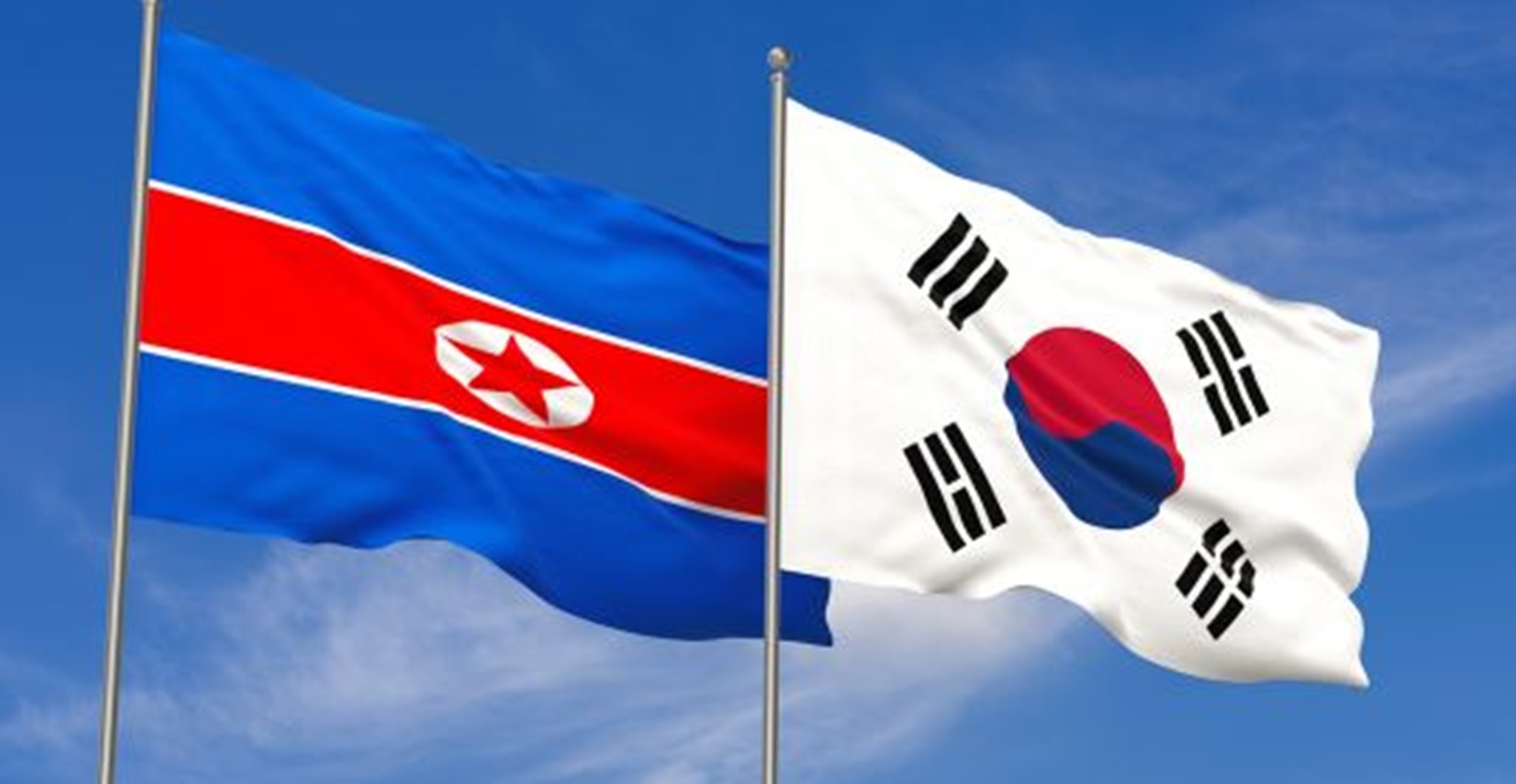All contemporary issues are intrinsically linked to and contested by nations. Hence, in the current climate, an inquiry into nations, national identity, and nationalism are pertinent. The sequence of the terms, in the order above, is deliberate. The article will trace literature and attempt to first define a nation, in both a rigid and a loose form. After establishing an understanding of the term ‘Nation’, it will delve into the notion of national identity. Further, it will analyze, the phenomenon of ‘Nationalism’ with respect to the national movement and the role of nationalism in the post-independence consolidation process.
What is a Nation?
Hugh Seton-Watson (Seton-Watson, 1977) attempts to define a Nation, “Nation is a community of people, whose members are bound by a sense of solidarity”. A nation exists when, not all, but a significant number of people in a community consider themselves to form a nation. By virtue of this definition, even social groups based on ethnicity, linguistics, religion come under the ambit of a nation. These social groups are also bound by a sense of solidarity and consider themselves as a collective. On the other end of the spectrum, Stalin in his work “Marxism and the National Question” (Stalin, 1913) believes,
A nation is a historically constituted, stable community of people, formed on the basis of a common language, territory, economic life, and psychological make-up manifested in a common culture
But as Stalin asserts, all the elements namely history, community, language, territory, economy, psychology, are a prerequisite to a nation. He states, “It is sufficient for a single one of these characteristics to be lacking and the nation ceases to be a nation”. This definition of the nation by nature is overtly rigid for the contemporary multicultural world. By virtue of this definition, most modern-day nations would cease to qualify as nations. For Benedict Anderson, (Anderson, 1983), a nation “is an imagined political community – and imagined as both inherently limited and sovereign”. Imagined because members of even the smallest nation have no ways of interacting with every other member but are still united under the communion of the nation. Limited as even the largest nations are finite in their territory beyond which lie other nations, and do not imagine themselves “coterminous with mankind”.
Understanding the distinction between Hugh Seton-Watson’s approach to defining a nation, and Anderson’s definition of a nation is crucial. Seton-Watson’s definition better exemplifies a social group. Any group of people, who share a vision of commonality are a social group. According to Omar Dahbour (Dahbour, 2002), group identity is the social seed that forms the foundation of the idea of a nation. These social groups could be associated based on ethnicity, linguistics, religion, history, culture, etc. A nation adheres to Anderson’s definition, of an imagined communion that recognises its right to self-determination (sovereignty) in a specific territorially demarcated space. Not all social groups are sovereign or recognise their right to self-determination. Modern-day multi-cultural nation-states may constitute under them, numerous social groups, under the overall communion of a nation. In a nation, none of the social groups is sovereign, but their communion, the nation, is sovereign. Dissatisfaction with the national arrangement might lead social groups to recognise their right to self-determination, and hence form a separate nation by way of succession movements.
Understanding National Identity
Most nations have under their ambit multiple social groups. Narratives, real or imaginary, have to be construed to give these various social groups, direct stakes, in relation to the nation. These narratives could be drawn historically, culturally, linguistically, religiously, ethnographically, etc. aiding the construction of the National Identity. National Identity can be viewed as an abstract ideologue, dynamic in nature that unites different people of different social groups into an imagined communion of a nation. In diverse societies, constructing a national identity connecting all the diverse social groups to the nation is a challenging endeavour. In these societies, national identity takes the form of moral values and codes that are humanist in nature. Ideas such as pluralism, secularism, democracy, equality, liberty come under the moral doctrines that bind social groups to the nation. To redeem their right to self-determination, the nation forms a state. The project of nation-building involves the state constructing narratives that unite the social groups under the communion of the nation.
National identity is dynamic in nature and changes with time. The changes to the national identity might not be uniformly assimilated across social groups which may lead to frictions. When these changes fall outside the purview of comprehension of social groups, the nation as an entity becomes unstable. The role of the state is the keep track of the changing tides of national identity and constantly construct inclusive narratives.
Nationalism
Nationalism has dual existence, as it precedes and proceeds the nation. It manifests during the national struggle, as a means of social mobilization for the national cause, to realize their rights of self-determination, and during the post-independence period to consolidate the nation. Hence, A. D. Smith (Smith A., 1983) defines nationalism as,
An ideological movement for the attainment and maintenance of self-government and independence on behalf of a group, some of whose members conceive it to constitute an actual or potential ‘nation’
The symbols used to invigorate nationalism could be cultural, linguistic, historical, etc. War and sacrifice are also used as emblems of nationalism. These symbols contribute to the moulding of the national identity. Pre-independence nationalism concerns itself with first, delimiting the aspects of the aspiring nation with respect to people as well as territory, second, in empowering the citizenry to their right to self-determination.
Nationalism plays a crucial role in the post-independence consolidation process. But the distinction lies in that nationalism after the formation of the nation is state-directed. Han Kohn (Kohn, n.d.) Definition of nationalism better describes post-independence nationalism, as an“ ideology based on the premise that the individual’s loyalty and devotion to the nation-state surpass other individual or group interests”. Post-Independence Nationalism is a virtue of loyalty to the nation. Hence nationalism, post-independence, is directed towards eroding traditional group loyalties and prescribing to national loyalties. Smith (Smith A. D., 1971) in his work details the aspiration of post-independence nationalism as integrating the nationals into a homogenous unit.
Conclusion
Nationalism as a force, constructs a national identity to mobilize people, to bring into existence the nation as an autonomous unit. As nations come into existence, national identity and nationalism keep pace with the changing tides of the nation, to consolidate this newly formed political entity. Hence, national identity or nationalism take different shapes depending on the end to be achieved, namely either self-determination or national consolidation. National identity and nationalism are derived from the nation, as well as given to the nation. As nations change linguistically, ethnically, culturally, etc., so do national identity and nationalism as a phenomenon. The state either responds to the national identity emerging from the nation or constructs a national identity to assimilate the nation with. The balance between enforcing and embracing change in identities is of crucial importance.
Title image courtesy: https://qz.com/india/630144/
Disclaimer: The views and opinions expressed by the author do not necessarily reflect the views of the Government of India and Defence Research and Studies
References
Anderson, B. (1983). Imagined Communities: Reflections on the Origin and Spread of Nationalism. London: Verso. Retrieved January 10, 2022
Dahbour, O. (2002). National Identity: An argument for the Strict Definition. Public Affairs Quarterly, 16(1).
Kohn, H. (n.d.). Nationalism. Retrieved from Britannica: https://www.britannica.com/topic/nationalism
Seton-Watson, H. (1977). Nations & States – An enquiry into the origins of nations and the politics of nationalism. Westview Pr.
Smith, A. (1983). Theories of the Nationalism 2nd edition. Duckworth.
Smith, A. D. (1971). Theories of nationalism.
Stalin, J. V. (1913). Marxism and the National Question. Prosveshcheniye.





